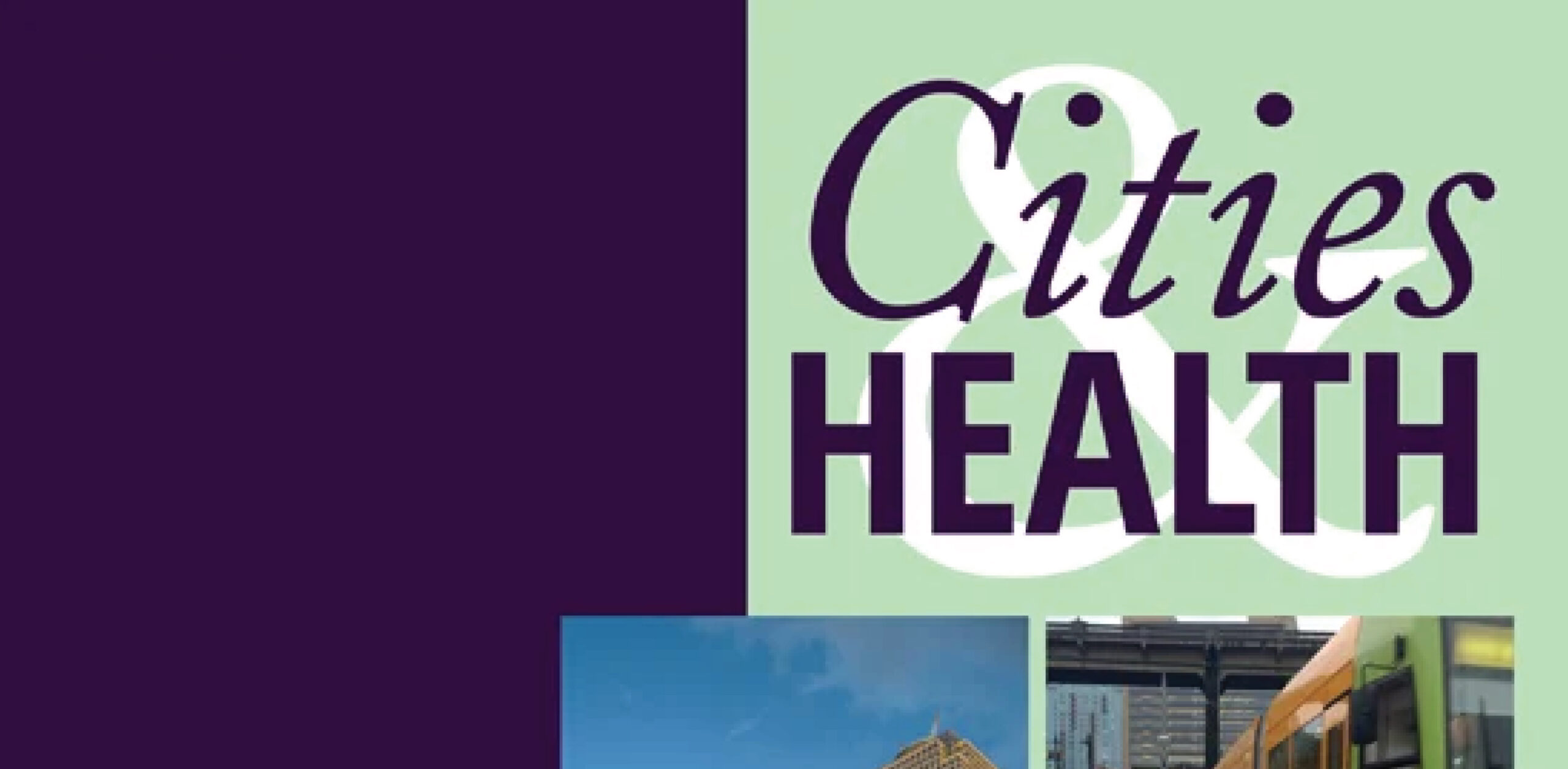ISOCARP Community of Practice: Urban Health – Planning Resilient Cities for and with People
The coronavirus crisis exposed our globalised vulnerability to novel pandemic infectious diseases without pre-treatment. It is yet too early to assess if urbanisation or urban lifestyle is a root-cause of COVID-19. What we do know is that in the top ten causes of death – including heart and lung diseases, cancers, diabetes and road-injuries – many if not most are related to our urban way of life. Hence, cities are at the forefront of addressing these challenges and innovating for healthier and more caring urban environments. But what is urban health, how can urban planning and health-related disciplines work together more closely, and what is ISOCARP’s take on this?
To answer this question and to take on a leading role in the debate, ISOCARP creates a vibrant Community of Practice. This CoP will enable to: gather, produce and improve knowledge on the topic amongst its members; define and promote urban planners’ unique role to shape healthy/caring cities and healthy behaviors; explore new definitions and strategies; share ideas and identify best practices; and, establish partnerships to bring us closer to the goal of healthy/caring cities and citizens.
Initiated by ISOCARP members Jens Aerts and Elisabeth Belpaire, the Urban Health CoP’s first product will be an ISOCARP Think Piece on Healthy Cities, which we can share with external partners. Further CoP activities may result in new products and initiatives with partners, in synergy with existing ISOCARP activities and products, such as the World Congress, trainings and workshops.
If you have a particular experience or deep interest in this topic (touching upon for example early childhood development, basic urban services for health, mental health and wellbeing, physical health and walkability, Non-Communicable Diseases, health pandemics and planetary health synergies), then please send a message to urbanhealth@isocarp.org with a few lines describing your interest and motivation, as well an answer to the question “If there is one thing you’d like ISOCARP to do on the topic of urban health, what would it be?”.
